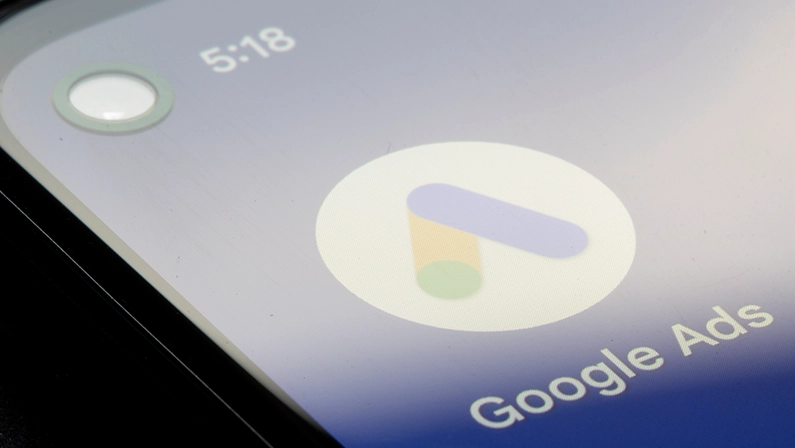Are you making the most of your ad spend? Managing ad campaigns can be challenging, especially when it comes to setting the right bids. A smarter way to optimize your campaigns is Google Ads Smart Bidding. This automated bidding solution uses machine learning to optimize your bids and help you achieve better results. Let’s explore what smart bidding in Google Ads is, how it works, and why it’s essential for today’s advertisers.
What is Smart Bidding in Google Ads?
Smart Bidding is a subset of automated bidding strategies within Google Ads. It uses machine learning to optimize bids in real-time for each auction. Unlike traditional bidding methods, Smart Bidding makes real-time adjustments for each auction, ensuring your bids are tailored to specific campaign goals like maximizing conversions, improving conversion value, or hitting a target return on ad spend (ROAS).
Smart Bidding also has the ability to analyze a wide range of factors, such as user behavior, location, device type, time of day, and even search intent. By processing this data instantly, it determines the optimal bid needed to achieve your desired outcome.
This strategy is not only effective but also time-saving, as it automates complex bidding decisions that would otherwise require constant monitoring and adjustments. For businesses focused on measurable growth and efficiency, Smart Bidding offers a streamlined way to drive better performance with less manual effort.
How Does Smart Bidding Work?
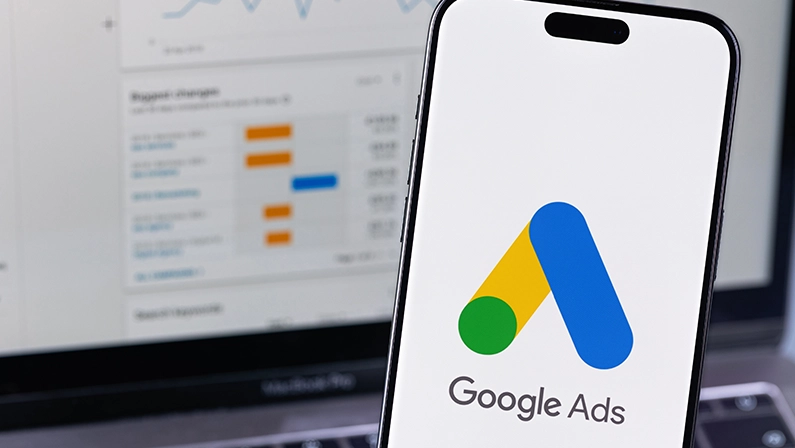
Google Ads Smart Bidding works by analyzing historical campaign data and using it to predict the likelihood of conversion for each auction. It then adjusts your bids accordingly. This process happens in real time, leveraging Google’s vast data points to ensure your bids align with your goals. With smart bidding strategies Google Ads, advertisers can rely on data-driven decisions rather than guesswork.
Smart Bidding vs. Automated Bidding
Although both smart bidding and automated bidding in Google Ads use automation to manage bids, their focus and approach differ significantly.
Smart Bidding is a subset of automated bidding designed to optimize for specific conversion-based goals. Its primary aim is to drive actions that directly align with your campaign objectives, such as maximizing conversions, improving conversion value, or maintaining a target ROAS (return on ad spend). What sets smart bidding apart is its reliance on advanced machine learning. It uses real-time data signals like device type, location, time of day, and even user intent to adjust bids dynamically. This precision helps advertisers achieve better performance by aligning closely with business outcomes rather than just traffic volume.
Automated Bidding, on the other hand, refers to the broader use of algorithms to set bids automatically. It includes strategies like maximizing clicks, which prioritize traffic generation over conversion efficiency. While it simplifies bid management by automating the process, it doesn’t offer the same level of optimization tailored to specific goals as smart bidding does.
In short, smart bidding is ideal for campaigns centered around measurable actions like sales or leads, leveraging advanced data signals for fine-tuned optimization. Automated bidding is a more general tool that helps save time but may not deliver the same level of strategic focus or performance as smart bidding..
Who Does the Smart Bidding Strategy Help?
Smart bidding strategies in Google Ads benefit businesses of all sizes.
They are especially effective for:
- Advertisers aiming to maximize their conversions or ROAS.
- Businesses looking to save time by automating bid adjustments.
- Campaigns with clearly defined goals, such as lead generation or sales.
- New advertisers who want to leverage advanced technology without deep expertise.
What Are the Benefits of Smart Bidding?
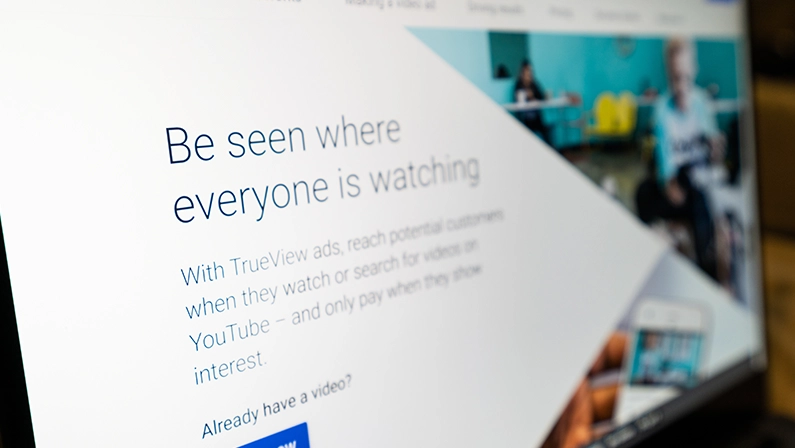
Google Ads Smart Bidding offers several advantages that help advertisers improve their campaign performance:
Auction-Time Bidding
Unlike manual bidding, smart bidding adjusts your bids during the auction based on real-time factors. This ensures that your ads are competitive while staying within budget.
Accurate Bid Amount
Smart bidding calculates the optimal bid amount for each auction, reducing wasted ad spend and increasing your chances of converting high-intent users.
Leverage Advanced Audience Signals
Google Ads Smart Bidding strategies analyze various signals, such as user demographics, device type, and browsing behavior, to identify the most valuable audience segments.
Search Query-Level Conversion Performance Tracking
With smart bidding Google Ads, advertisers can track conversion performance at the search query level, helping you refine your keyword strategy for better results.
Ever-Learning Algorithm
The machine learning algorithm behind smart bidding continuously improves over time, adapting to changes in audience behavior and market trends.
Types of Smart Bidding Strategies
Google offers several smart bidding strategies tailored to different advertising goals.
Maximize Conversions
This strategy focuses on generating as many conversions as possible within your budget. It’s ideal for campaigns targeting lead generation or sales.
Target Cost Per Acquisition (tCPA)
With tCPA, you can set a specific cost per conversion. Smart bidding adjusts your bids to maintain this target while maximizing conversions.
Target Return on Ad Spend (tROAS)
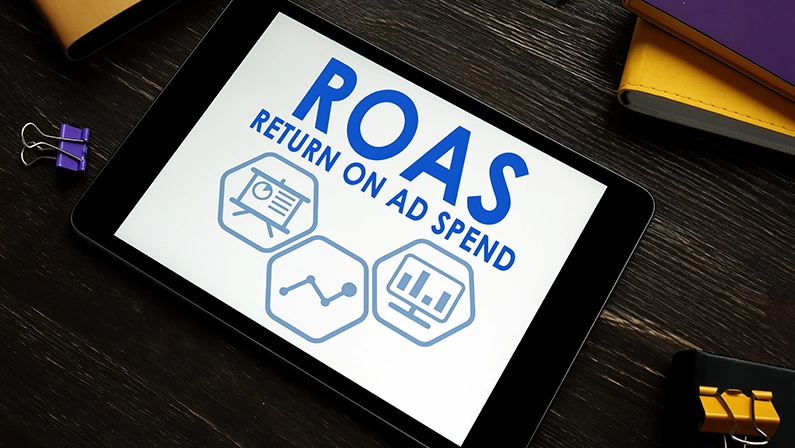
If you’re focused on revenue, this strategy helps you achieve a specific return on ad spend by adjusting bids to prioritize high-value conversions.
Maximize Conversion Value
This strategy goes beyond conversions, aiming to maximize the total value of conversions within your budget, such as sales revenue or lifetime customer value.
Enhanced CPC (ECPC)
ECPC adjusts manual bids to maximize conversions while keeping your cost-per-click within a competitive range. It’s a hybrid strategy that combines manual control with automation.
Frequently Asked Questions (FAQs)
If you’re new to Smart Bidding or just looking to understand it better, you’re not alone. Many advertisers have questions about how it works, how to use it effectively, and how it compares to other bidding strategies. To help, we’ve put together this FAQ section to address some of the most common concerns and provide clear, actionable answers.
Is Smart Bidding the Same as Automated Bidding?
No, smart bidding is a subset of automated bidding that focuses specifically on conversion-based goals like maximizing ROAS or conversions.
How Do You Succeed With Smart Bidding?
To succeed, define clear campaign goals, provide enough conversion data for the algorithm to learn, and regularly review performance metrics.
How Do You Know Which Automated Bidding Strategy to Use?
The choice depends on your campaign goals. For example, use “maximize conversions” for lead generation and “target ROAS” for revenue-focused campaigns.
Should I Use Broad Match, Phrase Match, or Exact Match Keywords?
Broad match keywords work well with smart bidding as the algorithm identifies relevant queries. However, combining broad match with negative keywords helps refine your targeting.
Achieve Campaign Success With LeadOrigin
Google Ads Smart Bidding offers advertisers a powerful way to improve performance and save valuable time. It uses auction-time bidding, advanced audience data, and sophisticated algorithms to fine-tune campaigns and help businesses achieve their goals with precision and efficiency.
For expert assistance in managing your campaigns, work with a trusted digital marketing agency in Dallas like LeadOrigin. Their expertise in paid search ads and smart bidding ensures that your campaigns are tailored to drive results. Boost your ROI, enhance your strategy, and take your business to the next level with smarter, more effective advertising solutions. Contact LeadOrigin today for a consultation!
